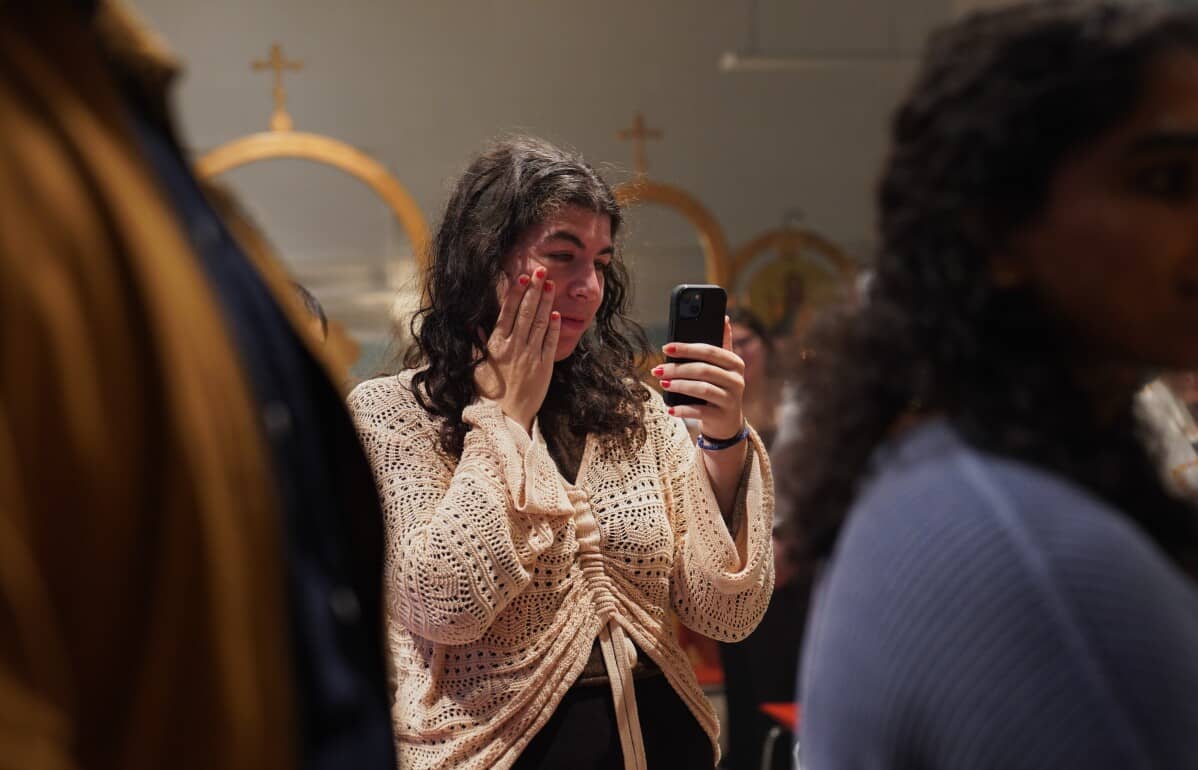ROME — Marking the 75th anniversary of the United Nations, Cardinal Pietro Parolin called on the United Nations to renew its commitment to the ideals upon which it was founded.
In a prerecorded message released Sept. 21, Parolin, the Vatican secretary of state, said that while the United Nations has worked for decades to alleviate poverty, promote peace and champion human rights, “there have been challenges and setbacks, even contradictions and failures” throughout its long history.
“The United Nations is not perfect, and it has not always lived up to its name and ideals, and it has harmed itself whenever particular interests have triumphed over the common good,” he said.
“The United Nations will always be in need of revitalizing the original spirit in order to make the charter’s principles and purposes its own within the context of a changing world,” the cardinal said.
Parolin’s statement was among several prerecorded messages made by representatives and heads of state unable to travel to New York due to travel restrictions because of the COVID-19 pandemic.
However, because of time constraints, Parolin’s message and many others were not broadcast; according to the Permanent Observer Mission of the Holy See, the messages “will be officially played when the meeting resumes at a time to be named later.”
Pope Francis will address the general assembly Sept. 25 via video message, the permanent observer mission said.
In his message, Parolin said that people around the world have looked to the United Nations “as a source of hope for world peace and harmony among states” throughout its 75 years of existence.
Echoing St. John Paul II’s call for the United Nations to be a “‘moral center’ where every country is at home,” the Vatican secretary of state said that now, more than ever, the world is in need of solidarity in order to find “multilateral solutions to global challenges.”
“As the COVID-19 pandemic has made abundantly clear, we cannot go on thinking only of ourselves or fostering divisions; rather, we must work together to overcome the world’s worst plagues, mindful that the burden carried by some necessarily affects humanity and the whole family of nations,” he said.
He also praised the organization’s protection of international law and human rights throughout its history, as well as its promotion of “a world based on the rule of law and justice rather than on weapons and might.”
“The U.N. has strived to champion universal human rights, which also include the right to life and freedom of religion, as they are essential for the much-needed promotion of a world where the dignity of every human person is protected and advanced,” the cardinal said.
While there have been setbacks, he added, the world still needs “diplomats here and for the countries they represent to commit themselves ever anew to the daunting task of seeking the common good in good faith through genuine consensus and compromise.”
“The United Nations Organization, where the peoples of the world unite in dialogue and common action, is needed as much today as ever to respond to the undiminished hopes of the peoples of the world,” Parolin said.














